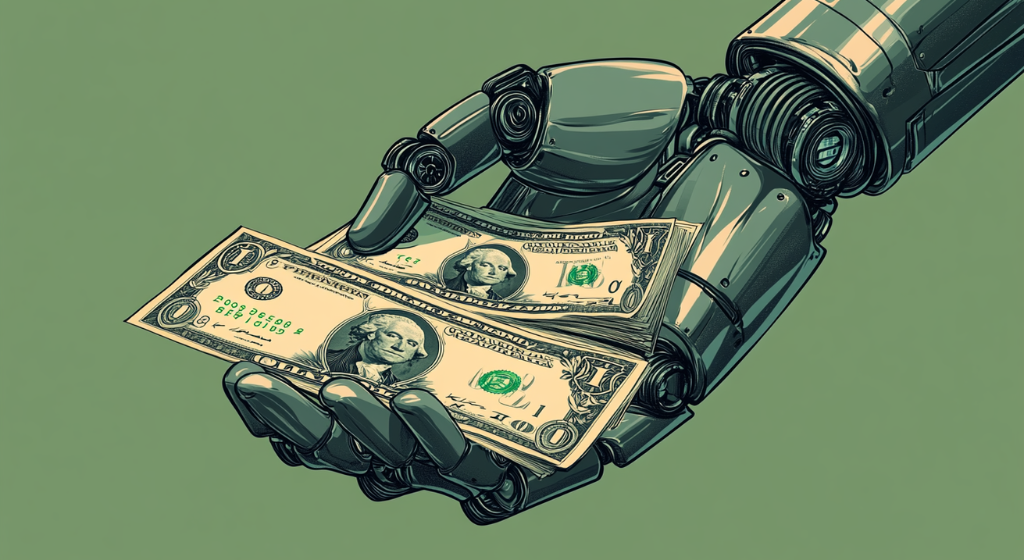
For some entrepreneurs, generative AI is a transformative tool that accelerates their ability to write complex code, navigate legal intricacies, generate social media content, refine copy and manage payroll, ultimately speeding up the process of launching their businesses. (Source: Image by RR)
Start-Ups Gain Momentum as AI Becomes an Essential Co-Founder
Sean Ammirati, a professor at Carnegie Mellon University, has been teaching entrepreneurship for over a decade, guiding graduate students through the process of creating start-ups each spring semester. This year, Ammirati noticed something unprecedented: his students made remarkable progress, far exceeding the usual pace. The key difference this year was his encouragement for students to use generative AI as a “co-founder” in their ventures. The students eagerly adopted AI tools like ChatGPT, GitHub Copilot, and FlowiseAI for tasks such as marketing, coding, product development, and customer recruitment, leading to extraordinary results by the end of the semester.
The impact of generative AI on entrepreneurship is becoming increasingly evident, though its broader economic effects remain uncertain. For start-ups, however, AI is already proving to be transformative, enabling founders to write complex code, understand legal documents, manage social media, and handle payroll more efficiently. As reported in nytimes.com, these tools are helping entrepreneurs launch their companies faster and with greater efficiency than ever before, potentially driving significant innovation and productivity gains. Start-ups, known for job creation and economic resilience, may become even more influential in the economy thanks to AI.
Entrepreneurs like Steven Bright, who founded Skittenz, a company that makes colorful coverings for mittens, have benefited immensely from AI. Bright used ChatGPT to navigate various aspects of starting his business, from understanding dye processes to deciphering legal agreements. Despite being a doctor with no prior business experience, AI gave him the confidence to pursue his venture without the need for costly expert consultations. This kind of support has made AI a game-changer for new business owners, especially those lacking traditional resources.
The influence of AI on the start-up landscape is also reflected in the rise of AI-related businesses, with investors pouring billions into AI-focused ventures. However, the technology’s impact is not limited to AI-specific start-ups. Entrepreneurs across various industries are leveraging AI to bootstrap their businesses more effectively. For example, E. Darren Liddell, founder of My Money Story, used AI to automate user pairings in his financial coaching program, saving time and resources. As AI continues to evolve, its role in helping start-ups achieve success with fewer resources is likely to grow, reshaping the entrepreneurial landscape.
read more at nytimes.com







Leave A Comment